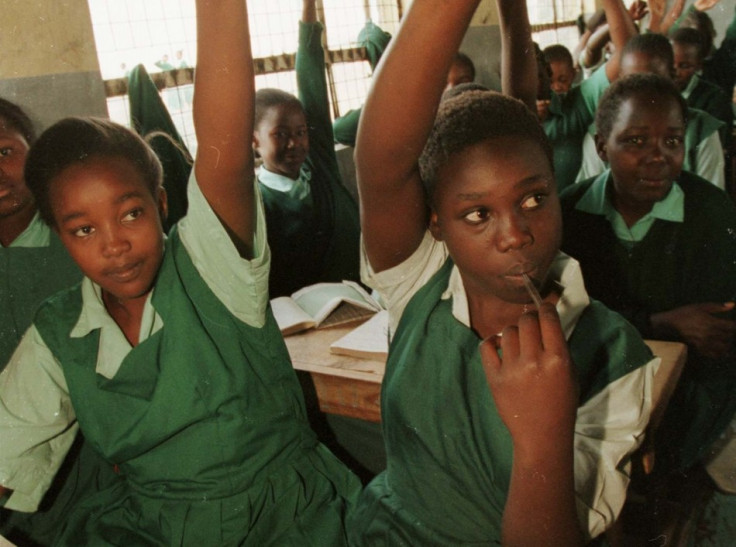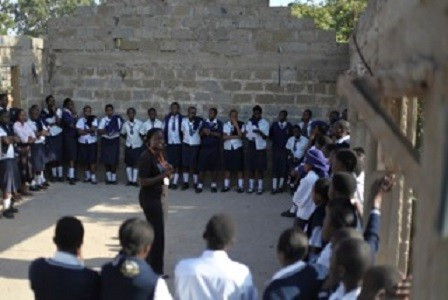Kenya: Self-Defence Courses Reduces Rape Risk
Number of girls raped after defence classes introduced drops from a quarter to one in 10

Self-defence courses dramatically reduces girls' vulnerability to sexual assault in Kenya, with the number of girls raped dropping from one in four to one in ten following classes.
In Nairobi, Kenya, a quarter of adolescent girls are raped ever year and victim blaming is the norm, researchers from Stanford University, the Lucile Packard Children's Hospital and anti-rape organisation No Means No Worldwide said.
However, short self-defence courses can significantly reduce the risk posed to them, the authors found. As well as a quarter of girls experiencing rape, 90% of the victims knew their attacker.
The researchers looked at 402 girls who took part in a self-defence programme developed by No Means No Worldwide, in which they were taught verbal and physical methods of self-defence, as well as information on what to do if they are assaulted.
As well as the 402 girls, another 120 girls were given the one-hour life skill class that is currently provided in Kenyan schools.
Ten months later, the participants documented their experiences of rape through an anonymous questionnaire.
Rape among girls who did not have the self-defence classes remained the same. However, instances of rape for girls who had taken the course fell from 24.6% to 9.2%.
Of the girls who had self-defence classes, 56.4% said they had used the skills they had learned. Half of these used verbal skills alone to stop the attack, a third said they began by using verbal skills but also ended up using physical force. 17% said they used physical skills alone.
Neville Golden, senior author of the study, said: "Self-defence training taught these young girls to stand up and say 'no' with confidence, and empowered them to escalate their own defence to a higher level, if necessary.

"To our knowledge, this is the first study to demonstrate that a self-empowerment/self-defence course can reduce the incidence of rape in adolescent girls."
Findings showed that assaults by the most common perpetrators - boyfriends and relatives - fell significantly. Rape victims were also more likely to seek help after an attack.
Jake Sinclair, lead author, said: "There is a strict code of silence among rape victims in Kenya, especially with the stigma of HIV and AIDS. Typically, no one is going to admit that they were raped. Victim-blaming is the norm.
"We were pretty stunned that the self-defence training was so effective. From the testimonials we collected, we saw that even a small girl could disable an attacker and get away, again and again."
The researchers said the classes are highly cost effective at £1.10, compared to the £55 it costs to treat rape victims, minus the cost of HIV or unwanted pregnancies.
Cynthia Kapphahn, co-author of the study, said: "Often, people focus on women as victims. This work shows that it's also important to focus on them as empowered beings; that approach can have an important role in a woman's ability to protect herself."
No Means No Worldwide is now testing a course for boys, which teaches them not to rape in the first place.
© Copyright IBTimes 2025. All rights reserved.






















